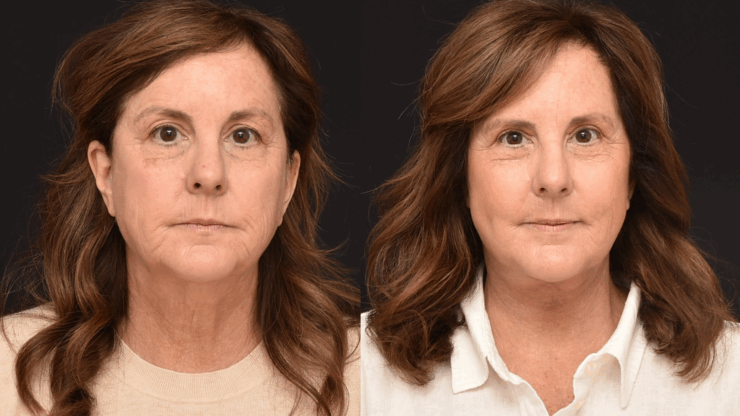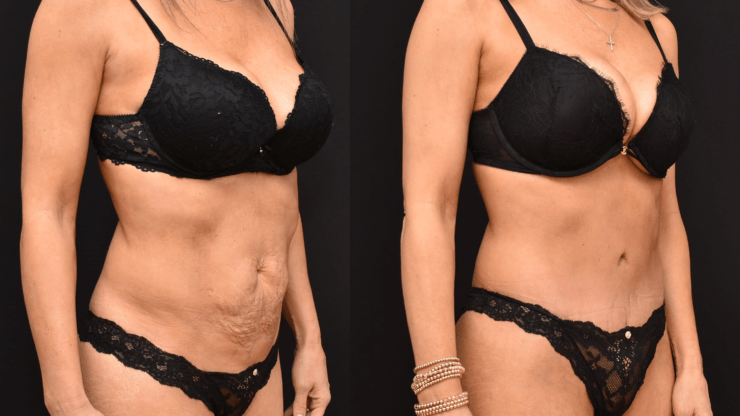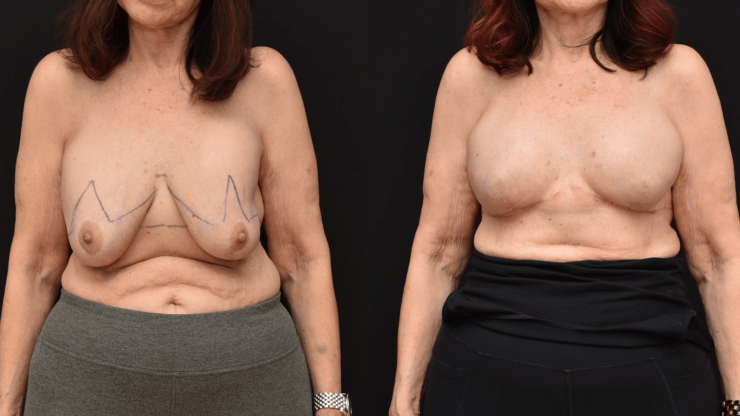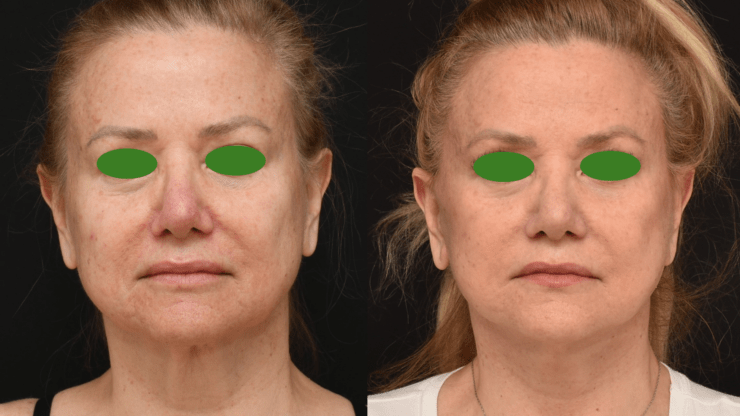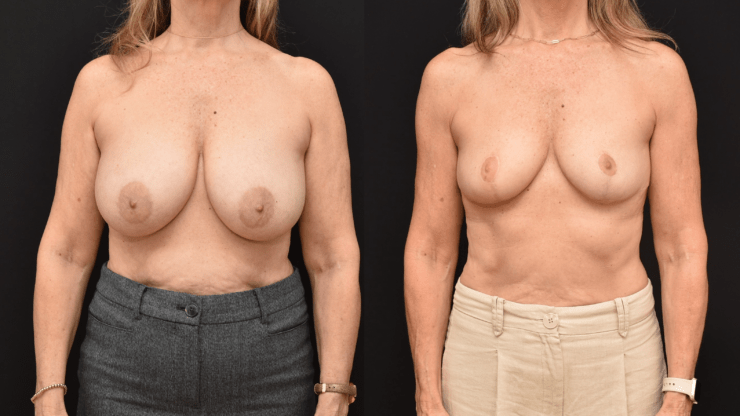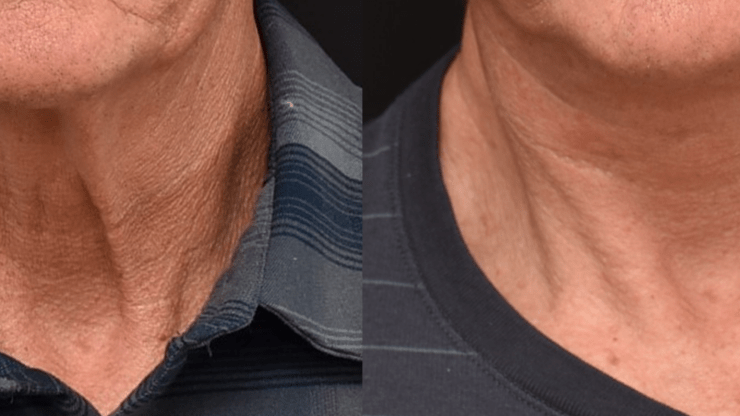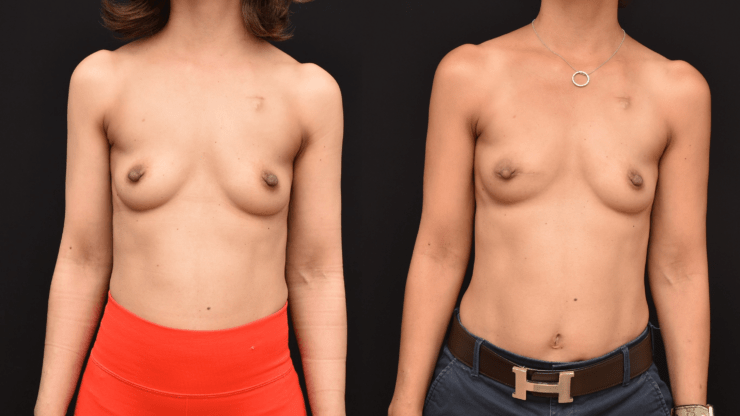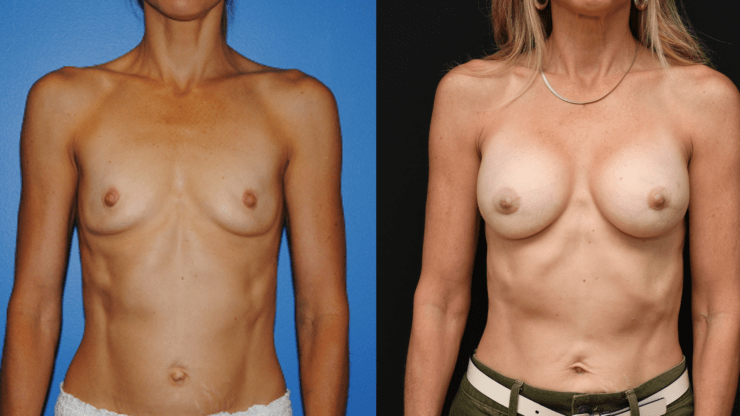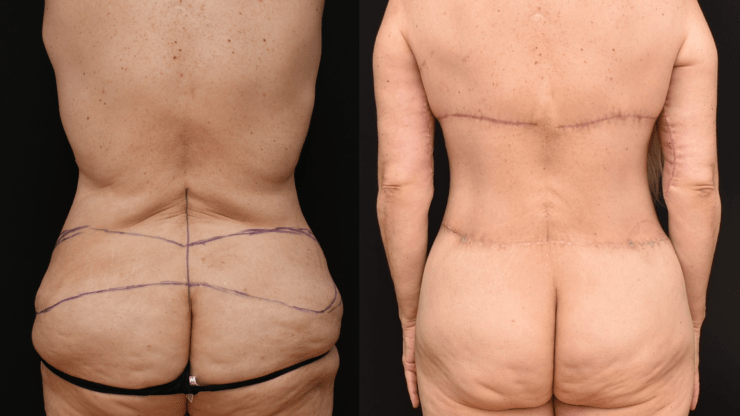The lower face and neck lift is an effective procedure to restore a youthful appearance to the face. As we age and work towards losing weight, the volume of the cheeks and lower face descend below the mandibular border. The lower face and neck lift can help lift and restore facial volume secondary to weight loss and aging. The accumulation…
